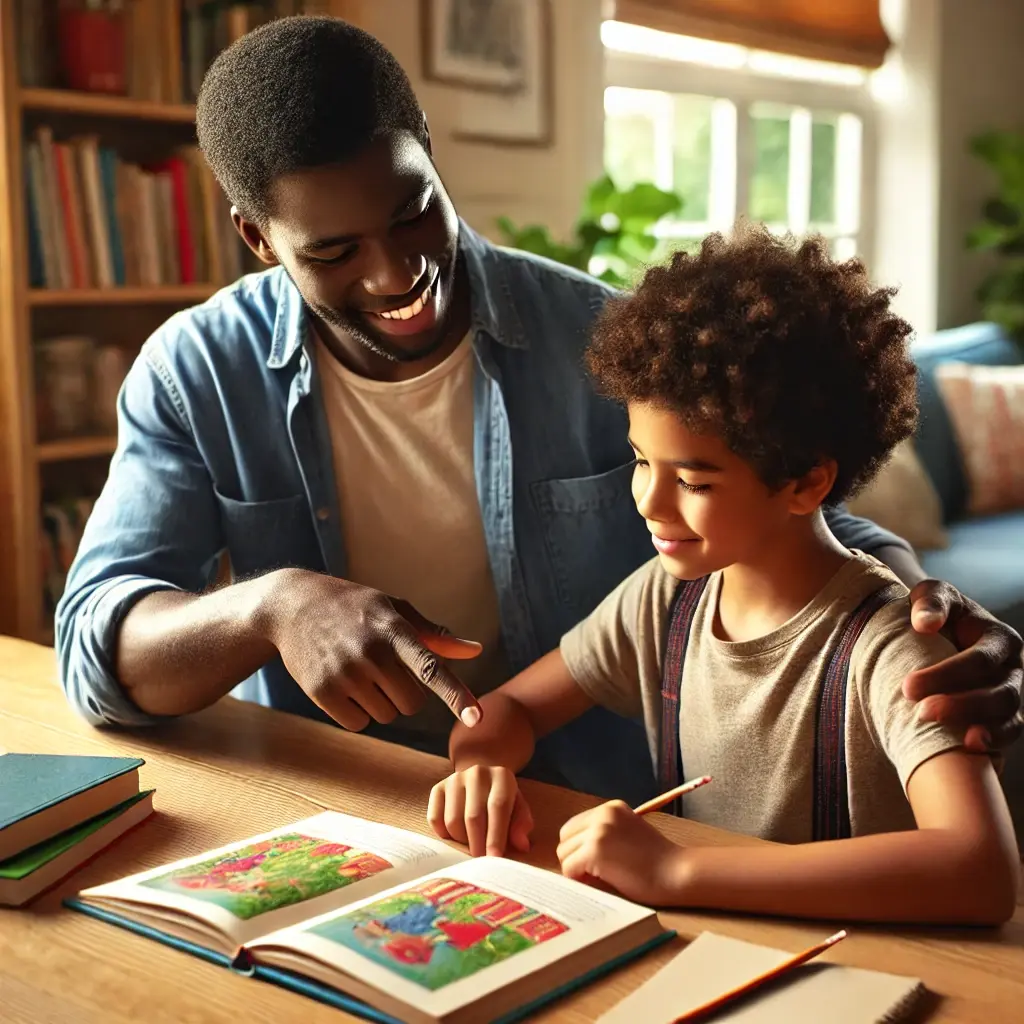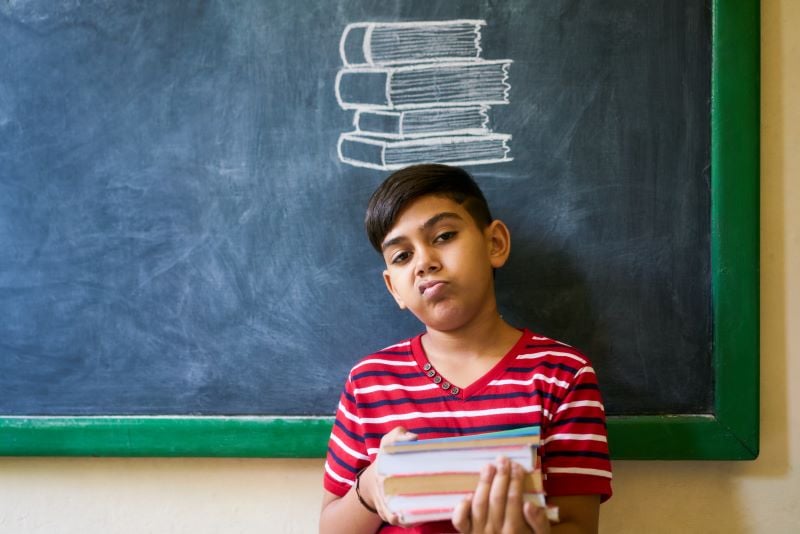 What do you do when your child acts up? Do you give them a time out or take away their television and video game privileges for the night or weekend? Do you ever wonder if there is a better way to get through to your child that the behavior is unacceptable? One school in Baltimore had this same thought. Instead of sending disruptive or misbehaving children to detention, they send them to meditate. With this mindful meditation program, students are allowed to reflect on their actions and express and explore their thoughts that led them to this action. This allows the child to become more aware of what happened. Also, the child understands what they did was wrong instead of just accepting that certain behaviors are wrong without knowing why.
What do you do when your child acts up? Do you give them a time out or take away their television and video game privileges for the night or weekend? Do you ever wonder if there is a better way to get through to your child that the behavior is unacceptable? One school in Baltimore had this same thought. Instead of sending disruptive or misbehaving children to detention, they send them to meditate. With this mindful meditation program, students are allowed to reflect on their actions and express and explore their thoughts that led them to this action. This allows the child to become more aware of what happened. Also, the child understands what they did was wrong instead of just accepting that certain behaviors are wrong without knowing why.
What is Mindful Meditation?
Mindful meditation is the psychological process of bringing your attention to the present moment. It is acknowledging where you are in the here and now. It is not dwelling on the past, but understanding how it lead to the present. It is not worrying about the future, but knowing it will happen anyway. Mindful meditation starts with a focus on the breath, breathing in and breathing out. You feel your breath rise and fall to your natural rhythm. The process is not rushed and it is not slowed. Your breath comes to a comfortable rhythm and the focus shifts to your present. You focus on what has brought you to this moment, whether it is because your parent or teacher said that you need to take your meditation break, or it could be that you took it on your own. You start to ask and answer the question “why did I need this meditation now?” Maybe something specific brought you to meditation. Maybe this is your daily practice and you use it to refocus and evaluate what needs to be done.
Mindful meditation needs to be used by everyone especially in today’s age of too many distractions, too much pressure, and too much stress. Too many things become internalized under the belief that no one else is struggling with the issues you are carrying. These things that are internalized become toxic and affect other aspects in our lives in unpredictable and harmful ways. Mindful meditation allows us to deal with these struggles and come to terms with our issues, and sometimes issues we didn’t even know we had.
How Meditation Helps Children
As a child, many cause and effect relations do not make sense beyond “because I said so.” This is not all the fault of the child, nor is it all the fault of the adult. At a certain point, we expect children to be able to reach conclusion about right and wrong on their own. We say things like “you should know better” or “you are better/smarter than this.” Sometimes the child understands what they did was wrong and sometimes they even understand why. However, many times they do not understand what was wrong, why it was wrong, or both.
Mindful meditation allows a child the time to stop and think about what they have done in a calm and effective way. Instead being sent to time out, a child will sit, close their eyes, and breathe. Focusing on their breath lets the child focus on their present. They will think over the last few moments of what they have done. If it was unacceptable behavior, they will try to work out why the behavior was wrong. In this way, they will grow to know better in the future without having been told. They will even go further in their meditation to think about why they did such actions in the first place.
In addition to allowing a child to understand proper behaviors, mindful mediation increases the attention span and focus. By letting a child take time to calm their mind and focus on one thing in particular, such as their breathing, calming music, or a guided meditation, you will strengthen the child’s attention to detail and mental resilience.
Meditation in Schools
The Robert W Coleman Elementary School in Baltimore, MD has been using mindful meditation as an alternative to detention for the past few years. In the last year, there have been zero suspensions and no suspensions so far this year. Other schools using mindful meditation have shown a dramatic decrease in suspensions, bullying, and fighting as well as an increase in attendance and performance.
Meditation at Home
Because mindfulness is so important for childhood development, it should not be left up to the school alone to teach your child. Besides this, having healthy mindful practices at home greatly reduces household stress and relaxes the pressures of parenthood. If your child’s school does not have a meditation program, you should bring meditation to your home. Creating mindful meditation for your child will help them grow and develop in phenomenal ways.
There is healthy stress in life that pushes us to reach our goals. However, there is also “toxic stress” that piles on too quickly for us to manage and weighs us down. Mindfulschools.org says how toxic stress affects students, parents, and teachers. Through mindful meditation, they say, we are able to calm the mind and handle or even let go of toxic stress so that we may reach our goals again.
Practicing mindful meditation should be done by everyone at every age. As always, learning healthy habits should start as early as possible. Meditation has helped many young children with attention deficit, anxiety, and disciplinary problems. It has even improved the lives of adolescences, teens, and adults. In today’s world, every minute of the day is already accounted for. It seems impossible to stop and think or even breathe sometimes, but we need to stop and so do our kids. We need to make time to reconnect with ourselves and we need to show our children how having this time to calm our minds and our bodies helps us live happier, healthier and fuller lives.
https://www.livescience.com/10726-meditation-boosts-attention-span.html
https://www.mindfulschools.org/
https://www.huffingtonpost.com/dawn-gluskin/teaching-children-meditat_b_3891216.html
https://chopra.com/articles/3-kid-friendly-meditations-your-children-will-love





